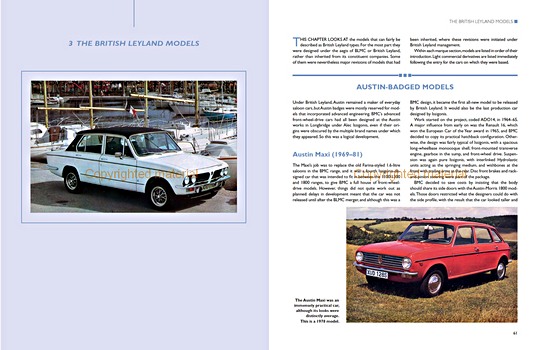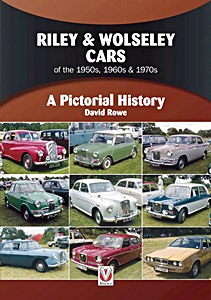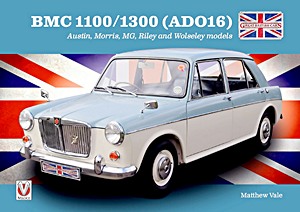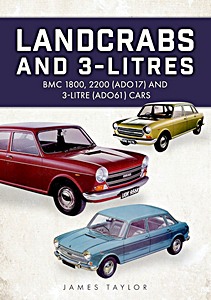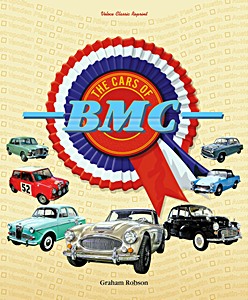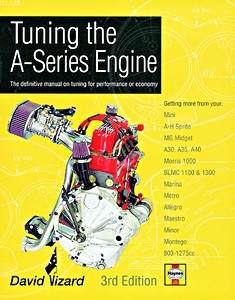Riley Cars 1896-1969
Riley ist eine der bekanntesten britischen Automarken. Dieses Buch beschreibt die Geschichte vom Fahrradhersteller bis zur Übernahme durch BMC.
Der Autor erklärt die Entwicklung der Modelle, von den Vorkriegsautos bis zum Riley 9, den Sechszylindermodellen, Specials und den späteren BMC-Rileys. Zudem werden Rileys technische Innovationen hervorgehoben, darunter mechanisch gesteuerte Zylinder, die zum Erfolg im Motorsport beitrugen.
Unter BMC verlor Riley seine Eigenständigkeit und wurde von Austin, Morris, MG und Wolseley verdrängt. Dennoch bleibt die Marke geschätzt und gehört heute BMW.
Mit hervorragenden Farbfotos aller Riley-Modelle bietet dieses Buch wertvolle Informationen für Liebhaber und Geschichtsinteressierte.
Details
| Autor: | Rob Malpas |
|---|---|
| Ausführung: | 96 Seiten, 23.5 x 16.5 x 1 cm, kartoniert |
| Abbildungen: | 190 farbige und s/w-Abbildungen |
| Sprache: | Englisch |
| Verlag: | Amberley Publishing (GB, 2019) |
| ISBN: | 9781445688602 |
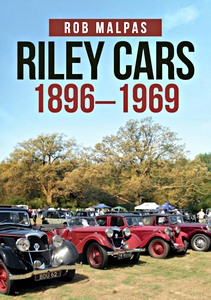
Riley Cars 1896-1969
Sprache: Englisch
Preis, Verfügbarkeit und Bewertungen auf Amazon und Thalia ansehen
Kaufen bei Amazon DEKaufen bei Thalia DE


